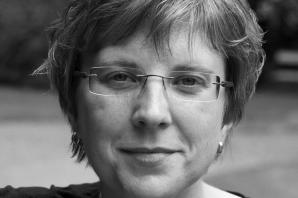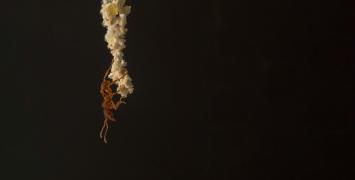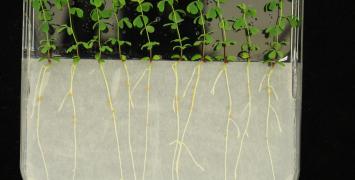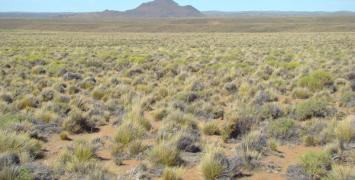Wake-up call for soil microbes
Our soils are inhabited by millions of microorganisms; however, the majority of them lay dormant. In her ERC project, Prof. Dagmar Woebken explores the mechanisms that allow soil microorganisms to go into dormancy and thus survive unfavorable conditions. It is further the goal to reveal the environmental signals that lead to their resuscitation to perform important ecosystems functions.
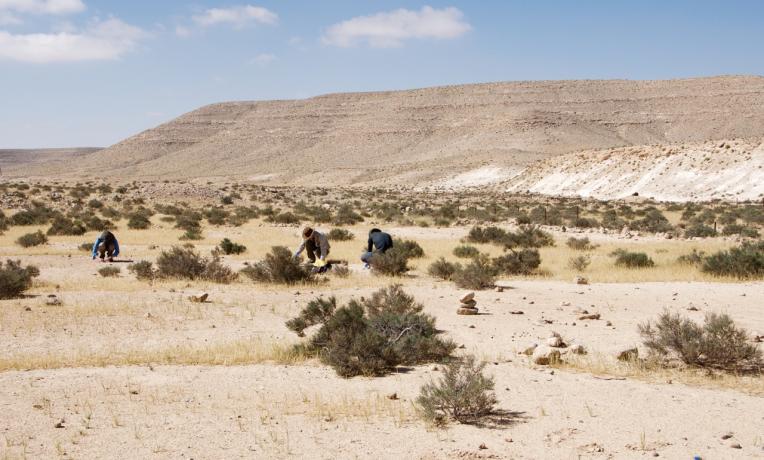
Soils harbor the largest microbial diversity on planet Earth. Millions of microorganisms inhabit a single gram of soil, yet the vast majority remains asleep, only to awake after specific cues. These dormant microorganisms ensure the stability of ecosystem processes and thereby ecosystem function despite changes in the environment. Prof. Dagmar Woebken and her team from the University of Vienna explore the “wake-up calls” that allow these dormant microorganisms to resuscitate and the genetic mechanisms involved.
In microcosm experiments with samples from the Negev Desert (Israel), Prof. Woebken and her team simulate environmental conditions that lead to active and dormant phases of the inhabiting microorganisms, which are investigated using cutting-edge technologies in microbial ecology. Meta-omics technologies are applied to identify the microorganisms together with the mechanisms of their survival strategies. The activity status of single cells can be revealed using stable, heavy isotopes (such as in “heavy water”) followed by high-resolution secondary ion mass spectrometry (NanoSIMS) analysis to detect the incorporation of the heavy isotopes.
The researchers uncovered a large diversity of previously unknown soil microorganisms with very different strategies to survive unfavorable conditions. Some microorganisms that follow a “feast-and-famine” strategy are equipped to react to sudden pulses of water and utilize a variety of energy-rich organic nutrients, but also need to spend resources to prepare themselves for long periods of inactivity. Other microorganisms do not encode such elaborate preservation mechanisms but rather run a more minimalistic and streamlined metabolism. They are enduring unfavorable conditions by scavenging atmospheric gases that keep them alive when nutrients or water are scarce.
This work provides novel insights into the survival strategies of soil microorganisms and will be essential in understanding the limits of microbial life.
Biography
Dagmar Woebken is a microbial ecologist and an Assistant Professor at the Centre for Microbiology and Environmental Systems Science (University of Vienna, Austria). Research in her group focuses on microbial participants in key processes within the terrestrial carbon- and nitrogen-cycles and on the survival strategies of soil microorganisms, including the principles of dormancy and resuscitation.

